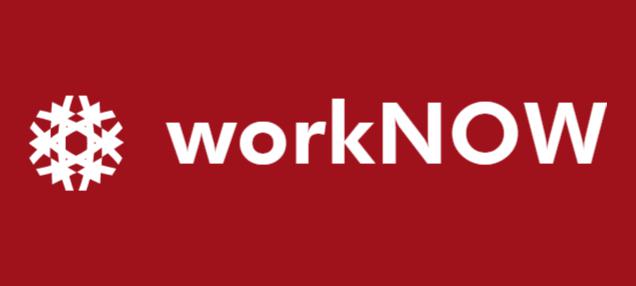Financial controller
Controller Job Description
A financial controller essentially is a company’s lead accountant. Also known as financial comptrollers or chief accounting officers.They oversee accounting activities and ensure that ledgers accurately reflect money coming in and out of the company. Strategic controllers also impact decision making, forecasting, and budgeting at the company level, based on accounting data. A controller is responsible for the accounting and record keeping of an organization. Additional responsibilities can include management of information technologies, insurance, sales tax reporting, federal income tax reporting, outside CPA audits and human resources. Controllers are in essence responsible for the financial and regulatory compliance of the Company. Think of controllers as the ‘historians’ for the company.
As the critical link that binds finance to the entire senior management team, you need to be a good communicator and to understand the entire business, not just the ins and outs of your own department. This means that a financial controller needs strong leadership skills, interpersonal skills. The need for partnering means that financial controllers must carry out their financial – and highly technical – role within the entire business environment. The so-called soft skills are just as important as the hard figures.
While financial controller functions are considered a specialty area in the field of accounting, controllers themselves may choose areas of emphasis that best serve organizations within specific industries. While a financial controller most likely holds a CPA or CMA, there are additional credentials offered through other financial and accounting agencies that a controller may pursue as part of personal professional growth or corporate support.
– Certified Internal Auditor: by professional organizations that audit, evaluate and provide financial services. These organizations must meet international standards on auditing, have a high level of expertise and have a long history in the field of auditing. These organizations may be certified by specialized agencies such as the International Association of Internal Auditors (IIA), the National Organization of Internal Auditors (IIA Global) or similar organizations.
– Certified Government Financial Manager: Certificate of CFO issued by Academy of Finance (State Institute of Economic Training). To achieve this certificate, learners need to attend intensive training courses in financial management, accounting, financial analysis, risk management, financial strategy and financial information. After completing the course and achieving high enough assessment results, learners will be awarded the Certificate of Chief Financial Officer.
– Chartered Financial Analyst: In companies where investments and the use of financial instruments are integral to operations, a controller may choose to complete the requirements for this designation. Sponsored by the Association for Investment Management and Research (AIMR), the candidate must have investment-related experience, be an AIMR member, hold a bachelor’s degree in a financial field, and formally declare his or her willingness to abide by the organizations code of ethics.
Typical duties of a Controller
· Manage all accounting operations including Billing, A/R, A/P, GL and Counsel, Cost Accounting, Inventory Accounting and Revenue Recognition
· Coordinate and direct the preparation of the budget and financial forecasts and report variances
· Prepare and publish timely monthly financial statements
· Coordinate the preparation of regulatory reporting
· Research technical accounting issues for compliance
· Support month-end and year-end close process
· Ensure quality control over financial transactions and financial reporting
· Develop and document business processes and accounting policies to maintain and strengthen internal controls
· Additional controller duties as necessary
Skills:
· Thorough knowledge of accounting principles and procedures
· Experience with creating financial statements
· Experience with general ledger functions and the month-end/year end close process
· Excellent accounting software user and administration skills
Qualifications: Finance or Economics; Accounting; Business Administration; Business Law; CPA or CMA preferred

